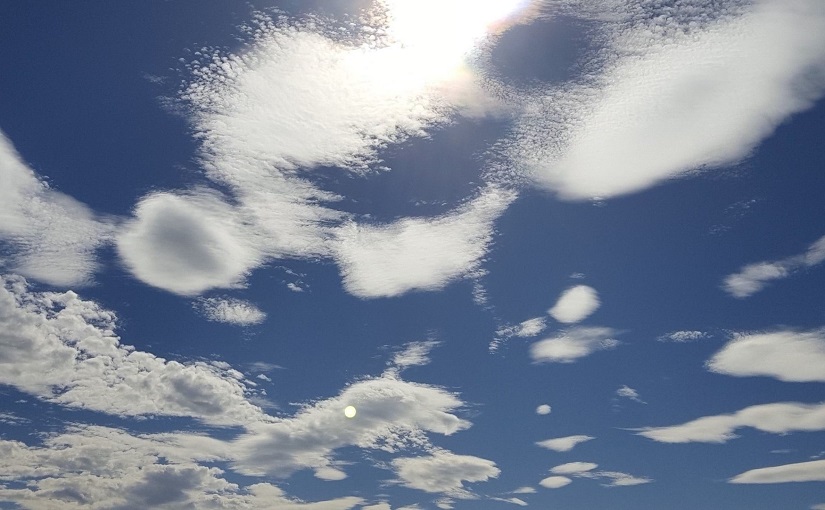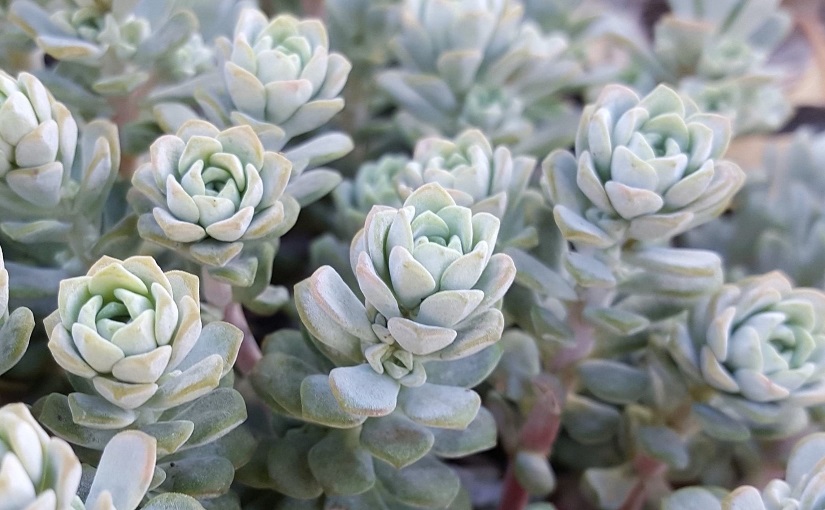Our cultural life’s clearly full of stories – themes, arcs and plot points that blend their way into our lives both personally and collectively. Imaginary people and storylines that can become as real as life itself: characters we see as peers, relating to or modelling ourselves on them, feeling as if their story were ours and our life gains meaning through their echo.
It’s intriguing, how imaginative we are. Seeing our experiences represented there, we feel understood or as if we have a place – that we “fit” and can find our home here. This way that culture can draw us together, demonstrating affinity and all we have in common. Almost a sense of wrapping a cloak around us, including people within the folds of community.
Isn’t it one of the social functions of cultural life? To create bonds of togetherness through the stories we tell. To recast our lives through the lens of its narratives, shaping identities and offering belonging (Notes One). Historically, it seems culture helped define groups against those around them – establishing common history, shared interpretations, agreed upon ways to think or act.
As if culture were the storyline of community: those events or themes considered relevant, the types of people deemed admirable, the paths seen as progress. Relating ourselves to such products, we take our place within the social narrative to make peace with its evaluations or work our way toward changing them.
Because, what if ideas are mistaken? What if stories are as divisive as they are uniting? What if judgements being cast over, say, the elderly or the less conventionally attractive are socially dangerous concepts to embrace? What if, for commercial or other reasons, we’re inundated with unhelpful or even damaging notions of what it is to be human and the value within society?
Culture might well bind us together, but surely it can quite equally bind us to constrictive, exclusive, inhuman ideas? If ideas are as seeds – small, powerful, creative notions that can grow out through our lives – where might seemingly insignificant assumptions, slights or inferences of human worth lead? Are tiny, mistaken notions slipping through our filters that might develop to concerning social proportions?
It’s a strange thought, perhaps, but it seems it might be worth considering (Notes Two). Is our cultural consumption healthy? As in, this sense of moving in the direction of wholeness. Do our stories tend toward healthy integration, personally and socially? Are they making us more human or less – inclining us to the best or worst of our capacities?
Looking back, it seems stories were once used almost as food: nourishing relationships as well as the psyche, encouraging balanced understanding of the world and our place within it. These days, we’re more often driven toward dissatisfaction: locked into the perpetual consumption of “more” in order to feel better about ourselves and our social status.
Why exactly modern culture seems so superficial, frequently undermining human value instead of encouraging us all to develop the best of ourselves, is interesting to contemplate.
Notes and References:
Note 1: Culture as what we relate to
Note 1: Definition, expression & interpretation
Note 1: Reference points for how we’re living
Note 1: Do we know what stands before us?
Note 1: Absolute or relative value
Note 2: “Wisdom” by Andrew Zuckerman
Note 2: Can we solve our own problems?
Note 2: Cycles of mind & matter
Note 2: Do we know what we’re doing?
Although approached from a different perspective, “Women who run with the wolves” addresses this idea of using stories to nourish the soul.










